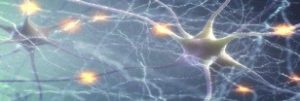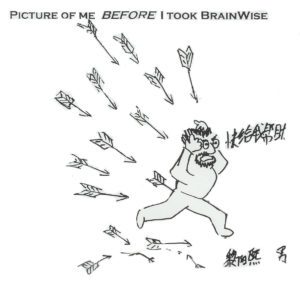BrainWise Masters: Fake News Experts
Posted On: June 2, 2021BrainWise graduates are undaunted by Fake News – they use the 10 Wise Ways to help stem the flood of misinformation and practice good decision-making. This complements research on remedies found to halt the spread of false news: Scientists have identified thinking skills as an antidote for people who unknowingly accept false, incomplete, or deceptive information as truth.

Social psychologists Gordon Pennycook and David Rand report that “lazy thinking,” may increase people’s susceptibility to fake news. They found that a large majority of people want to share only accurate content, but inattention, haste, and misinterpretation trips them up.
Seeking ways to improve people’s thinking, they found that something as simple as nudging people to think about the accuracy of information shared in a post can result in people using more trustworthy media outlets.
In BrainWise terms, “lazy thinking” is a Lizard Brain reaction. Giving people accurate information and reminding

them to stop and think will “nudge” the concept of accuracy in their minds. Pennycook says “it’s basically critical thinking, but in a very light form.”
- A kindergartner explained that the fox in the story of the Gingerbread Boy used his Wizard Brain to trick the boy to ride on his back across the river and used his Lizard Brain to eat him.
- Fourth graders identified and explained the faulty thinking SpongeBob SquarePants ( Link to Issue 41 SpongeBob SquarePants) and analyze the problems of characters in Mummies in the Morning and A Bad Case of the Stripes.
- Before BrainWise and After BrainWise pictures drawn by a student in China
BrainWise Hand Brain
The BrainWise Hand Brain is a silent, hidden, signal used to remind – or nudge – us to “Stop and Think.” The following link to the BrainWise hand brain explanation will help you share this teaching tool with others.



